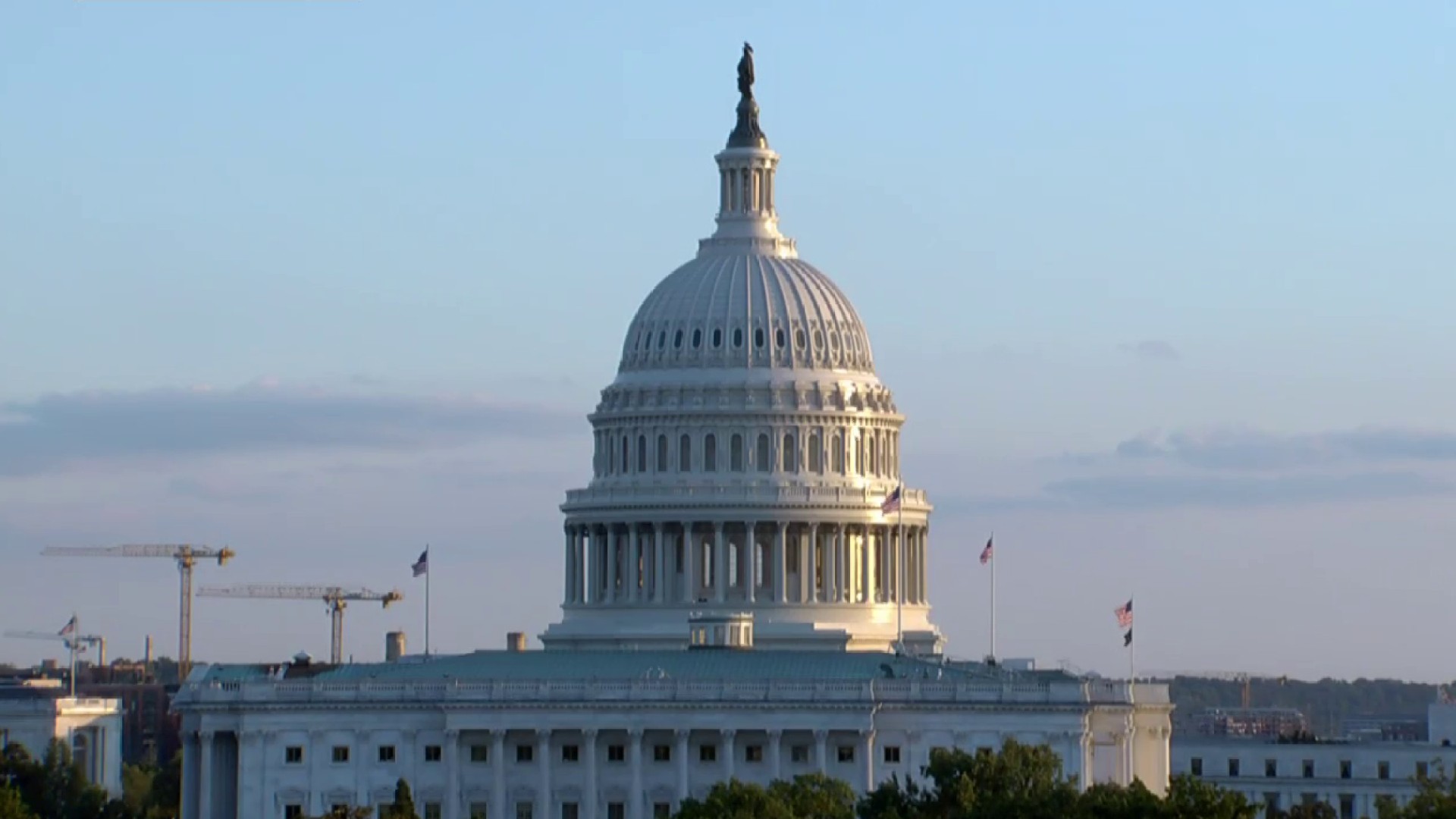Harvard, the wealthiest school in the world, sought compromise amid pressure to do more to combat antisemitism. The Trump administration is examining its funding anyway.
The Trump administration has turned campaign promises to target universities into devastating action, pulling hundreds of millions in federal funds from Columbia University and the University of Pennsylvania.
On Monday, the Trump administration went after Harvard, the world’s wealthiest university, announcing that it would review about $9 billion in contracts and multiyear grants. It accused the university of failing to protect Jewish students and promoting “divisive ideologies over free inquiry.”
Harvard had been bracing for the development. In recent months, it had moved cautiously, seeking compromise and, critics said, cracking down on speech. The approach riled some who worried that Harvard was capitulating at a moment of creeping authoritarianism.
Although it remains unclear how much the university will actually lose, if anything, the move Monday shows that the conciliatory approach hasn’t fended off its critics yet.
In the days leading up to the Trump administration’s announcement, faculty members called on the university instead to more forcefully defend itself and higher education more broadly. In a letter, more than 750 faculty members called for Harvard to “mount a coordinated opposition to these anti-democratic attacks.”
“As much as a body blow from the administration would hurt us, Harvard has the capacity to withstand the blow,” said Steven Levitsky, a Harvard political science professor who circulated the letter.
But a lot of money could be in question, and the stakes at Harvard underscore the excruciating dilemma faced by leading universities and civic institutions, from law firms to nonprofits: Should they work to protect themselves, as many seem to be doing, or stand on principle?
“That every-man-for-themselves response is about to cost us our democracy,” said Levitsky, who studies authoritarian regimes.
As President Donald Trump’s inauguration approached, Harvard hired Ballard Partners, a lobbying firm with deep ties to Trump. On the first full day of the Trump presidency, the university announced it was adopting a highly debated definition of antisemitism — which labels certain criticisms of Israel, such as calling its existence racist, as antisemitic — a move encouraged by the new administration but slammed by free speech advocates.
As the spring went on, pro-Palestinian actions spurred campuswide messages, even as Harvard remained quiet when a former Israeli prime minister visited and joked about giving student hecklers pagers, said Ryan Enos, a Harvard political science professor. (The comment was an apparent reference to the exploding pagers Israel used to target Hezbollah last fall.)
Under pressure, Harvard recently su















